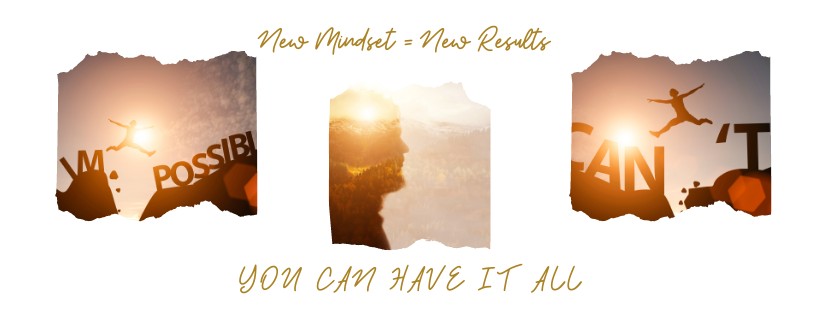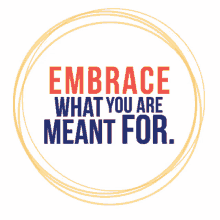
- Increased Self-Awareness: Self-coaching enables you to develop a deep understanding of your strengths, weaknesses, values, and aspirations. By exploring your thoughts, emotions, and behaviors, you gain insight into what drives you and what holds you back. This heightened self-awareness allows for more intentional decision-making and empowers you to align your actions with your true self.
- Enhanced Problem-Solving Skills: Through self-coaching, you learn to identify and analyze challenges and obstacles that stand in the way of your goals. You develop critical thinking and problem-solving skills, enabling you to come up with creative and effective strategies to overcome these challenges. Self-coaching encourages you to think outside the box, explore alternative perspectives, and find innovative solutions to problems.
- Greater Empowerment and Autonomy: Self-coaching puts you in the driver's seat of your personal growth journey. It fosters a sense of empowerment and ownership over one's life and development. Instead of relying on external sources for guidance, you become self-reliant and confident in your ability to navigate challenges and make decisions. This autonomy promotes a greater sense of control, freedom, and self-determination.
- Flexible and Personalized Approach: Self-coaching allows you to tailor the process to your unique needs, preferences, and circumstances. Unlike traditional coaching, self-coaching provides the freedom to explore personal insights, experiment with different strategies, and adapt the approach as needed. This flexibility enables you to create a coaching style that resonates with you, maximizing your growth potential.
- Lifelong Learning and Growth: Self-coaching is a lifelong skill that you can apply to various areas of your life. It encourages a growth mindset and a continuous pursuit of personal development. By becoming your own coach, you cultivate a habit of self-reflection, learning from your experiences, and continuously seeking opportunities for growth. Self-coaching equips you with the tools and mindset to adapt to change, embrace new challenges, and evolve throughout your life.
1. Clarity of Goals and Vision: Self-coaching helps individuals gain clarity about their goals, aspirations, and the vision they have for their lives. By engaging in self-reflection and asking powerful questions, individuals can define their objectives with precision and establish a clear roadmap toward success. This clarity increases their chances of success by providing a clear direction to focus their efforts and energy.



- Explore your interests and passions: Start by making a list of the things you enjoy doing or the topics that you are passionate about. Consider what brings you joy, fulfillment, and a sense of accomplishment. Think about the activities that you could engage in for hours without getting bored. These are often good indicators of your passions and can help you identify potential paths to finding your purpose.
- Identify your core values: Reflect on the things that matter most to you in life, such as integrity, honesty, kindness, or compassion. Understanding your core values can help you make decisions that align with your beliefs and bring a sense of meaning to your life.
- Try new things: Experiment with new activities, hobbies, or career paths that you have not tried before. This can help you discover new interests and passions that you never knew existed. It may also help you gain new skills and experiences that could be useful in identifying your purpose.
- Reflect on your life experiences: Consider the challenges, setbacks, or successes that you have experienced in life. Reflect on the lessons learned and how they have shaped your perspective or values. These experiences can help you identify areas of interest or passion that you may want to pursue further.
- Seek guidance and support: Talk to trusted friends, family members, or mentors about your journey to finding your purpose. Seek their advice, feedback, or insights on your strengths, weaknesses, and areas of interest. They may be able to provide valuable guidance and support as you navigate the process of discovering your purpose.




- Embrace challenges: Instead of avoiding challenges, seek out opportunities to try new things and step outside of your comfort zone. This will help you develop a growth mindset and build resilience.
- Emphasize effort over ability: Focus on the effort you put in rather than the outcome. Recognize that hard work and dedication can lead to growth and improvement.
- Learn from criticism: Instead of feeling threatened by criticism, view it as an opportunity to learn and grow. Seek feedback and use it to improve your skills and performance.
- Embrace learning: Develop a love of learning and a curiosity for new things. This will help you develop new skills and improve your abilities.
- Cultivate a positive mindset: Instead of dwelling on negative thoughts and feelings, cultivate a positive mindset. Practice gratitude, mindfulness, and self-compassion to help you develop a growth mindset and achieve your goals.
If you would like to know more about "getting out of the rut" then you might like my book "Find Your Purpose/Find Your Passion. The link is HERE! You can also get my free resource "Stop! How do you get out of your own way? HERE!


- Acknowledge the thought and remind yourself that it is only a thought, not a fact.
- Acknowledge your feeling and let it pass through.
- Take a few deep breaths and focus on the present moment.
- Practice gratitude daily to help shift your mindset to a more positive one.
- Talk to a friend or family member about the thought and get their perspective.
- Focus on your breath: Take a few moments to simply focus on your breath and the sensation of inhaling and exhaling.
- Take a mindful walk: When you take a walk, pay attention to the sights, smells, and sounds around you. Notice how your body moves and shifts with each step.
- Enjoy the present moment: Take a few moments to appreciate the little things in life. Notice the beauty around you, the taste of your food, the warmth of the sun.
- Practice acceptance: Allow yourself to feel whatever emotions come up, and observe them without judgement.
- Set aside time for yourself: Dedicate some time each day to practice mindfulness. This could be as short as 10 minutes or as long as an hour.








